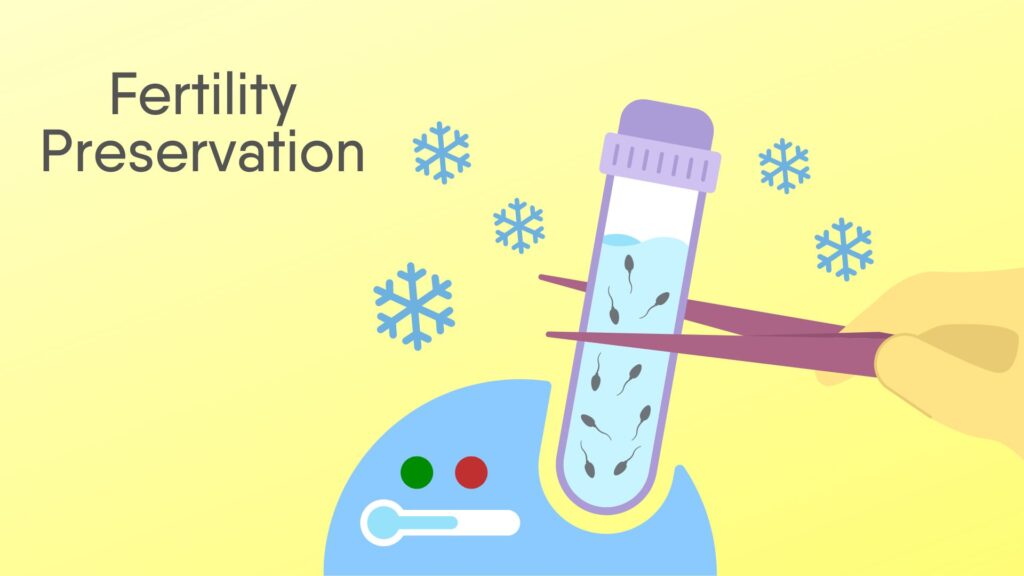Introduction:
In the journey of life, the desire to become a parent often holds a special place. For women aged 20 to 45, the topic of fertility becomes particularly pertinent. While fertility issues can pose challenges, it’s essential to recognize that there are causes, treatments, and proactive measures available, such as fertility preservation, that empower women in their pursuit of parenthood.
Understanding the Causes:
Fertility struggles can arise from a multitude of factors, both physiological and lifestyle-related. Hormonal imbalances, polycystic ovary syndrome (PCOS), endometriosis, and diminished ovarian reserve are common culprits. Furthermore, age plays a pivotal role, as fertility gradually declines after the age of 30 due to a decrease in the quantity and quality of eggs. Modern lifestyles marked by stress, inadequate nutrition, and limited physical activity can also contribute to fertility challenges.
Exploring Treatment Options:
The good news is that medical advancements have made significant strides in addressing fertility issues. Consultation with a reproductive endocrinologist can shed light on tailored treatment options. Assisted Reproductive Technologies (ART) like in vitro fertilization (IVF) offer viable solutions, particularly for women facing challenges such as blocked fallopian tubes or male partner infertility. Hormonal therapies and surgical interventions can effectively manage conditions like PCOS and endometriosis, enhancing the chances of conception.
Empowering through Fertility Preservation:
As awareness grows, so does the concept of fertility preservation. This proactive approach is especially relevant for women in the specified age bracket who may not be ready for parenthood but wish to safeguard their fertility for the future. Egg freezing, a form of cryopreservation, allows women to freeze their eggs at a younger age when they are of higher quality, mitigating the impact of age-related fertility decline. This provides women with greater control over their reproductive choices and timeline.
The Emotional Aspect:
It’s crucial to acknowledge the emotional toll fertility issues can exact. Women often experience feelings of frustration, isolation, and even guilt. Seeking emotional support through therapy, support groups, or simply confiding in loved ones can significantly ease this burden. Remember, you’re not alone in this journey, and there is a wealth of resources available to provide both information and comfort.
Conclusion:
Fertility issues are a reality for many women aged 20 to 45, but they need not be an insurmountable obstacle. By understanding the causes, exploring various treatment options, and considering fertility preservation, women can take charge of their reproductive health. Remember, each journey is unique, and there is no one-size-fits-all solution. With the right knowledge, support, and proactive steps, the path to parenthood can be navigated with confidence and optimism.





